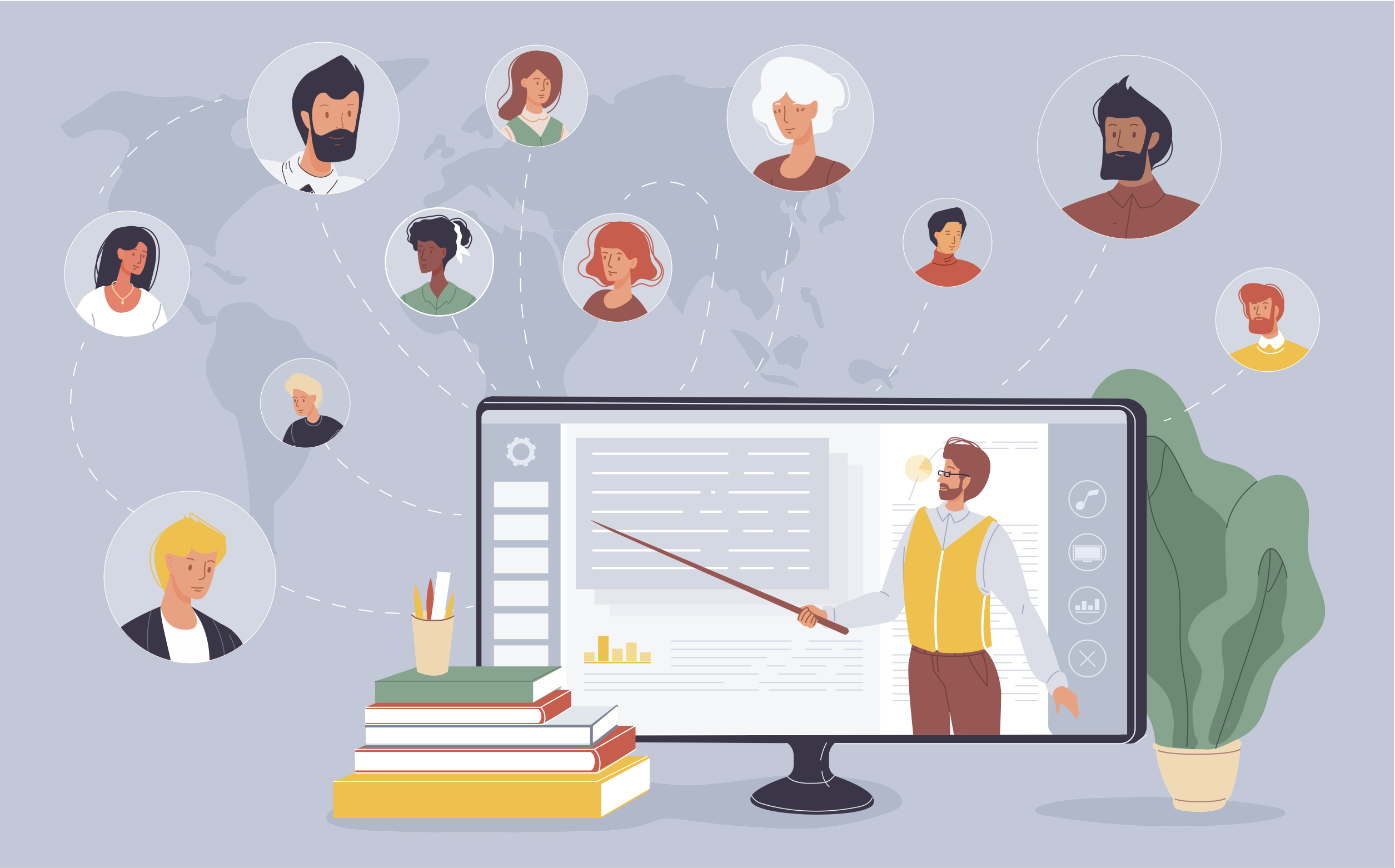
Can We Avoid Burnout?
We often use the term “burnout” as a vague label for an exhausting day or week of hard work, but actual burnout is more than

Although most of us can say our daily operations look a little different than they did at the beginning of quarantine, it’s important to recognize marginalized communities are being disproportionately affected by the impacts of the virus.
The current pandemic has amplified many systemic issues in North America and around the world, including racial injustice at the hands of legislative and police systems, the inaccessibility to affordable healthcare and accelerating environmental concerns, among others.
Black, Indigenous and P.O.C. communities have felt the negative effects of COVID-19 differently than majority populations.
Detailed statistics regarding COVID-19 deaths in the United States, for example, have revealed fatal COVID-19 cases in Black and Latinx children, young adults and older patients are far more common than those of their white counterparts. Reports show that these populations are disproportionately represented on the front lines as ‘essential’ workers in low-income service jobs in the U.S. Their greater exposure rates increase vulnerability of fatally contracting the disease.
In Canada, systemic inequities continue to increase COVID-19 risks for Indigenous communities. Dr. Theresa Tam, Canada’s chief public health officer, vocally expresses her concerns: “A single case in any First Nations, Inuit, or Métis community is high cause for concern. These communities are among the most vulnerable to COVID-19 due to distances, access to necessary resources, and underlying health conditions”.
The inaccessibility of high-quality, well-equipped hospitals and insufficient emergency funding for Canada’s Indigenous communities are long-standing issues, which have only been made more prominent during the pandemic.
Respectfully acknowledging we have all had to adapt to our “new normal” in the wake of COVID-19, we can’t ignore the issues BIPOC communities have and continue to face on a daily basis. Employers must reckon with the fact that on top of dealing with the effects of the pandemic, BIPOC employees are likely dealing with a myriad of other issues. These issues are only becoming more urgent as the impacts of the virus continue.
Want to learn more about how you can improve your workplace’s DEI tactics to prioritize BIPOC employees’ concerns? Listen to the newest episode of our podcast, Just One Q with Dr. Melissa Horne and sign up for our weekly Sunday Snippets newsletter to stay up-to-date on best practices for diversity, inclusion and equity in the workplace.

We often use the term “burnout” as a vague label for an exhausting day or week of hard work, but actual burnout is more than

At Dialectic, we think a lot about DEI, soft skills, and leadership training that makes organizations more inclusive and human-friendly. When we team up with

Ageism commonly affects women over 40 in the workplace. In spite of their tremendous wisdom and experience, women over 40 may be passed over for
Dialectic helps organizations improve the way people work, learn, and collaborate through person-centred design and the latest in social science.

Does your team struggle with soft skills?
Use our app or upload Snippets to your LMS to build better habits in minutes with scenario-based microlearning.
Sign up for our weekly roundup of the latest on DEI, leadership, collaboration, and learning science.
© 2024 Dialectic. All rights reserved. | Contact Us | Privacy Policy | Terms of Use | AODA Statement
See how easy it is to activate soft skills in your organization. Soft skills training on 3 key topics: DEI, Leadership, and Collaboration.